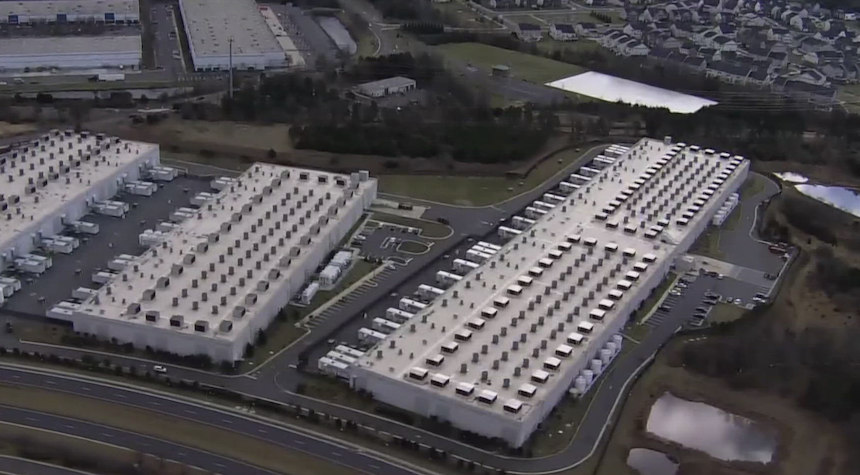Amid climbing electric bills, mounting evidence suggests that data centers, the power-hungry heart of Big Tech, are playing a significant role. Policymakers are feeling the heat as they grapple with the challenge of protecting ordinary ratepayers from bearing the brunt of these escalating costs.
As states work to tackle this intricate matter, finding a definitive resolution proves challenging. The influence of data centers on electricity costs is puzzling, as doubts linger about states’ ability to resist the influence of major tech companies like Microsoft, Google, Amazon, and Meta. Despite the ambiguity, reports indicate that more than twelve states have initiated efforts to confront this concern.
Data centers are contributing to a swift expansion of power plants and transmission lines, leading to increased pressure on the nation’s largest power grid operator to check price hikes. Policymakers are exploring the effects of data centers on electricity bills and pressuring data center owners to shoulder a larger portion of local transmission costs.

Data centers’ colossal energy consumption could rival cities like Pittsburgh, Cleveland, or New Orleans, dwarfing even large factories. This raises important questions about how transmission costs are traditionally distributed amongst consumer classes based on electricity consumption. According to Ari Peskoe, director of the Electricity Law Initiative at Harvard University, the current infrastructure, costing billions of dollars, is being established predominantly for a handful of customers and facilities owned by the wealthiest companies in the world. This, Peskoe argues, undermines some of the fundamental assumptions behind the prevailing system.
Not all officials agree on the role of data centers in inflating electric bills. Tricia Pridemore, a member of Georgia’s Public Service Commission, cites tightening electricity supply and rising costs for power infrastructure as significant factors. The Data Center Coalition, representing Big Tech firms and data center developers, asserts that its members are committed to contributing their fair share.
Reports indicate that the electricity bills of some Americans may be increasing to subsidize Big Tech’s enormous energy demands. According to a recent report by data and analytics firm Wood Mackenzie, the proposed specialized rates for data centers across 16 states do not sufficiently cover the cost of a new natural gas power plant. This development follows earlier reports that 70% of last year’s increased electricity cost, totaling $9.3 billion, was due to data center demand.
At least a dozen states are considering measures to impose higher local transmission costs on data centers. In Oregon, a popular location for data centers, legislators passed a law in June instructing state utility regulators to devise new, presumably higher, power rates for data centers. In contrast, states like Texas and Utah are looking for ways to evade a supply-demand crisis that leaves ratepayers burdened or in the dark.
With uncertainty surrounding the true impact of data centers on electric bills and the absence of a comprehensive solution, the dialogue continues. As the facts continue to unfold, the importance of staying informed about this impactful issue cannot be overstated.


